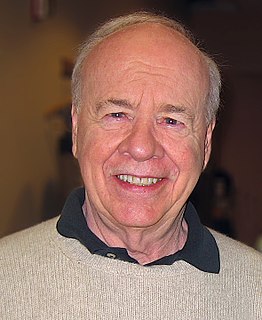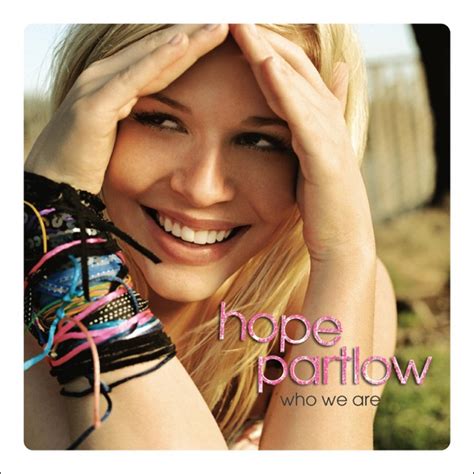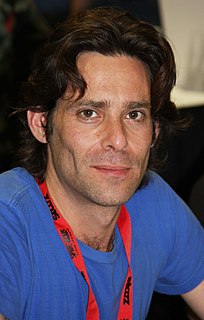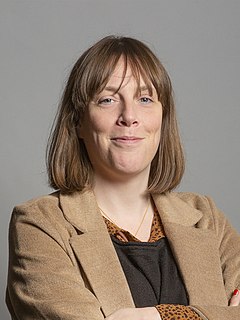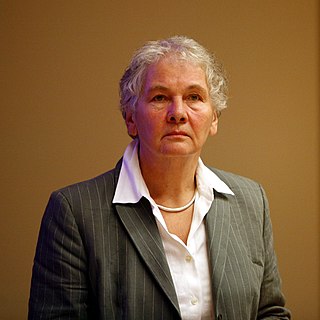A Quote by Ad-Rock
The Madonna tour thing was definitely funny that - you know, children were crying watching us... and it was interesting seeing how angry their parents were.
Related Quotes
One of the things that happened that I think is noteworthy, my parents were pretty tolerant people given their position in society. They were pretty interesting about being interesting able to look at their children and think oh my children know things and they gave us a lot of sense of our own agency, and that may be a kind of a ruling class trait.
What parents said they valued most were discussions with teachers and heads, and what they wanted was more descriptive information in their children's school reports. This is particularly true for primary schools. Parents wanted to know much more than just how their children were doing academically.
I have the embarrassing thing where often if you're watching a film, you kind of go through the emotions and the thought stages that your character went through, but you sort of do it with Tourette's. So I end up often crying when I'm crying, and looking angry when I'm looking angry, so it's pretty ugly.
I did worry about being in a science-fiction show. The bits that I was reading, I felt were funny, and I felt the man was childish, so I really did ask initially, "Is this for kids?" And the thing that came back immediately was like, "Hey, take a look at this whole thing again. This is definitely not for children. How can you think that?"
Love involves more than just feelings. It is also a way of behaving. When Sandy said, "My parents don't know how to love me," she was saying that they don't know how to behave in loving ways. If you were to ask Sandy's parents, or almost any other toxic parents, if they love their children, most of them would answer emphatically that they do. Yet, sadly, most of their children have always felt unloved. What toxic parents call "love" rarely translates into nourishing, comforting behavior.
Someone trying to be funny probably isn't as funny as someone who doesn't want to be funny but is and can't help it. Someone being serious or angry might be funny. If you get angry, the first thing I want to do is laugh because I don't know why you're getting that angry. Pathos makes me laugh, funerals make me laugh.





